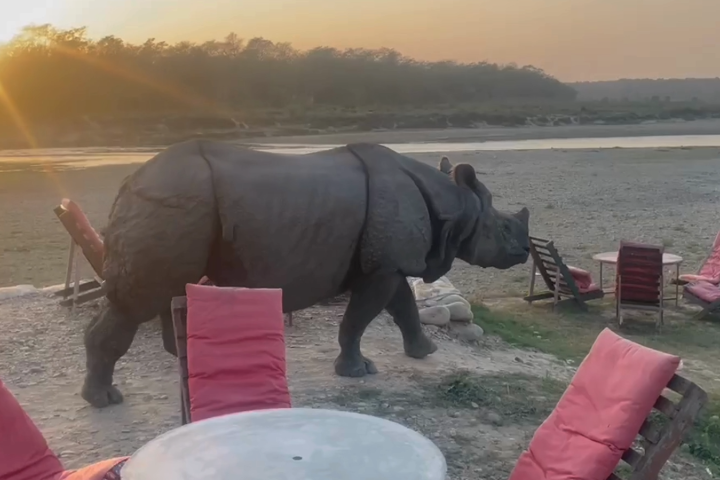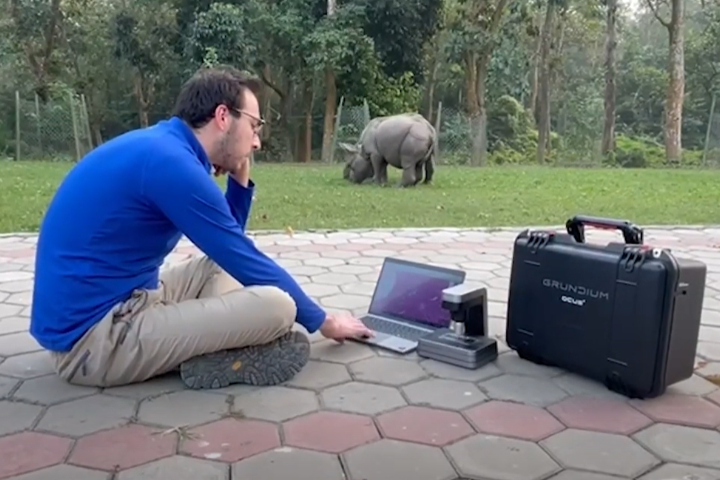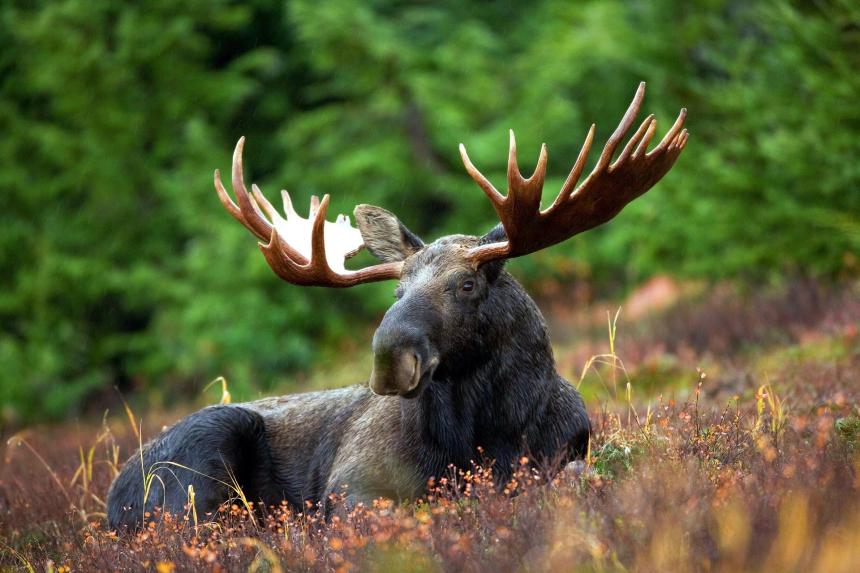In the News

February 06, 2026
The need for regional collaboration in wildlife pathology and disease surveillance in South and Southeast Asia led Dr. Carmen Smith, the Cornell Yang Center for Wildlife Health’s Free-Ranging Wildlife Pathology Fellow, to co-organize the Summit for Conservation Pathology Engagement, held at the Mandai Wildlife Reserve in Singapore.

October 24, 2025
Cornell's Robin Radcliffe honors the pioneering researcher and former A.D. White Professor, who passed away in early October....

October 02, 2025
It’s 3 a.m. in the Namibian bush. A team of us circles around a sedated lion to take DNA samples while two other male lions lurk nearby. We haven’t gotten an ounce of sleep, and I haven’t had a hot meal in a week, but I've never felt more alive than at this moment....

September 15, 2025
Why are eastern rockhopper penguin populations plummeting in New Zealand? What’s a reliable, rapid test for detecting rodenticide poisoning in live birds of prey? How can we use technology to help diagnose wildlife diseases in Nepal while training local scientists?

News
August 18, 2025
Katie Seeley ’07, DVM ’11, PhD, DACZM knew from a young age that she wanted to be a veterinarian....

Video
July 24, 2025
A greater one-horned rhino strolls down the street in Nepal, just outside Chitwan National Park.

Video
July 09, 2025
While in Chitwan, Nepal, Drs. Carmen Smith and Martin Gilbert captured footage of a free-roaming greater one-horned rhino passing through the bar.

July 02, 2025
by
Margaret Swift
As dawn yawns and stretches over the African savanna, a line of cars waits impatiently at the wooden gate of Crocodile Bridge Rest Camp. I join the tail end in my tiny white rental car...

Video
June 26, 2025
Dr. Carmen Smith, our Free-Ranging Wildlife Pathology Fellow, was reviewing tissue samples at the National Trust for Nature Conservation Biodiversity Conservation Center in Chitwan, Nepal, when a curious greater one-horned rhino came closer to inspect his work.

Announcement
June 11, 2025
We are pleased to announce that our 2025-2026 call for Cornell K. Lisa Yang Postdoctoral Fellowships in Wildlife Health is now out! Applications due October 6, 2025.
